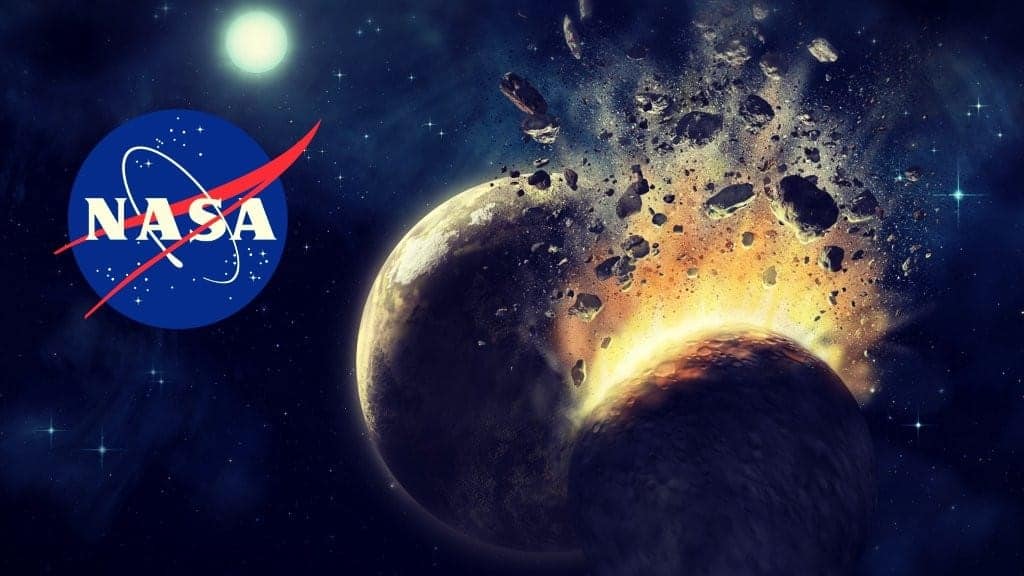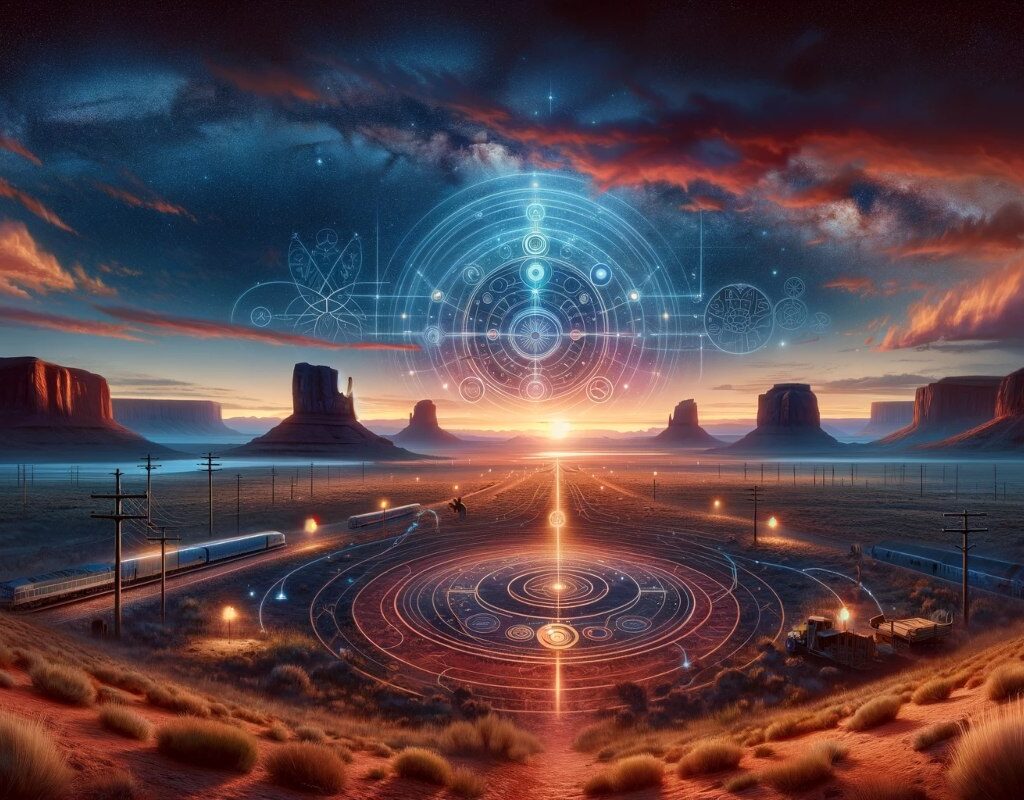Do you remember the apocalyptic predictions of 2012? Discover how renowned scientists completely debunked Mayan prophecies and theories like Nibiru. Don’t miss the truth they never told you about the end of the world.
The 2012 End of the World? Debunking Myths and Revealing Facts
Reality eventually prevailed, as often happens with stories lacking a scientific basis.
A few years ago, Mr. Yeomans, a senior research scientist at NASA, published a detailed document in response to the public’s numerous concerns. In a clear and concise tone, the American space agency declared:
“Nothing bad will happen to the Earth in 2012. Our planet has been doing well for over 4 billion years. There is no evidence suggesting any threats associated with that particular year.”
The story of Nibiru, a planet supposedly discovered by the ancient Sumerians and on a collision course with Earth, originated this apocalyptic prediction. Curiously, forecasters initially predicted this supposed catastrophe for May 2003. After no catastrophic event occurred on that date, they adjusted their prediction to the already mentioned December 2012.
Believers of this myth also cited the Mayan calendar.
They believed this calendar would end in December 2012, marking the end of times. However, just as our annual calendar does not disappear after December 31, the Mayan calendar does not end on that date either. December 21, 2012 simply marked the end of a long-count period. Afterward, a new cycle begins.
Space and Earth Myths: Alignments, Nibiru and Polar Shifts
In times when access to information is immediate but not always verifiable, myths and unfounded theories can find fertile ground in the collective imagination.
Some of these theories, related to the cosmos and the future of the Earth, have circulated strongly in recent years. Nevertheless, science has clear and decisive answers for them.
Planetary Alignments
The idea that planets can align in a way that impacts the Earth is a myth. The next few decades do not hold any such alignment. Moreover, even if these alignments occurred, their effect on our planet would be minimal.
Every December, the Earth and the sun align with the center of the Milky Way. However, this is a harmless annual event.
The Enigma of Nibiru
A planet on a collision course with Earth? Digital urban legends tell stories about “Nibiru” or “Planet X.” If such celestial bodies were real and headed our way, astronomers would have detected and monitored them for years.
Additionally, they would be easily observable to the naked eye. As for Eris, it is a distant dwarf planet and poses no threat to our planet.
Polar Shift
The theory of a polar shift suggests that the Earth’s crust could rotate 180 degrees around the core in a short time. However, this scenario is scientifically impossible. While the continents drift slowly over millions of years, a reversal of the rotational poles does not occur.
Some websites created alarming theories based on this erroneous premise, linking Earth’s rotation with magnetic polarity, which indeed changes, but on average every 400,000 years.
Moreover, a magnetic reversal, while intriguing, does not harm life on Earth. According to our current records, it is not expected to happen in the near future.
Meteorites and the Threat from Space
As Earth travels through the cosmos, it has suffered impacts from comets and asteroids. Large-scale impacts, however, are rare. The last one occurred 65 million years ago, resulting in the extinction of the dinosaurs.
NASA astronomers have meticulously monitored and tracked nearby asteroids. They concluded that there was no threat from a large-scale asteroid for the year 2012. The NASA NEO Program Office website shared all these findings transparently.
Solar Storms
While solar activity has regular cycles that can disrupt satellite communications, the year 2012 posed no extraordinary risk. The solar maximum predicted for that period was entirely ordinary, comparable to other peaks in solar activity in the past.
Prophecies and the Scientific Stance
Regarding the end-of-the-world prophecies, NASA and its community of scientists have been clear: there is no credible evidence supporting extraordinary claims of catastrophic events in December 2012. Science does not give credence to theories without empirical foundations.
Apophis, an Asteroid to Watch
While some eyes focused on 2012, other space observers turned their attention to the asteroid Apophis. According to some reports, it could impact Earth in future decades. Although this celestial body warrants attention, the probability of impact is minimal.
To conclude, learning to discern between fact and fiction in a world full of information is crucial. Keep exploring our articles to debunk more myths and understand the real science behind apocalyptic theories.



